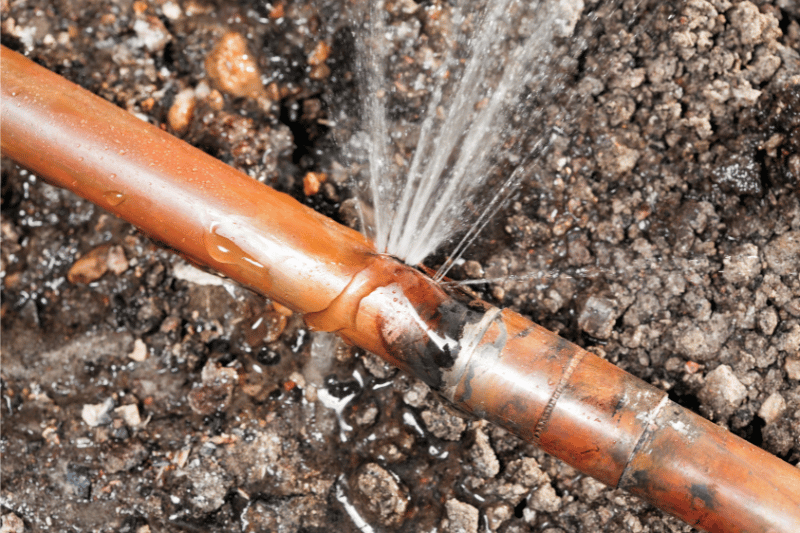A leaking kitchen faucet is not just an inconvenience; it can lead to significant water waste and higher utility bills. Fortunately, many leaks can be fixed with simple tools and a bit of know-how. In this guide, we’ll walk you through the steps to identify, diagnose, and repair different types of leaks in your kitchen faucet.
What Are Some Common Causes For Clogged Toilets?
Maintaining a properly functioning toilet is crucial for every household’s comfort and sanitation. However, when a toilet becomes clogged, it can quickly escalate into a messy and inconvenient situation. Understanding the common causes of toilet clogs and how to effectively address them can save you time and frustration. Here’s a comprehensive guide from Shafer Services Plus, your trusted plumbing experts in San Antonio.
How To Drain Your Water Heater
Tank water heaters are a dependable source of hot water for your home, but over time, sediment and minerals can accumulate in the storage tank. This buildup can reduce the efficiency of your water heater and, in severe cases, lead to drainage issues or even premature failure. Fortunately, draining your water heater to remove sediment is a straightforward process that you can do yourself or with the help of a local San Antonio plumbing company such as Shafer Services Plus.
How to Tell if You Have a Water Leak Underground
Think you have a water leak underground? If so, you don’t want to ignore it—a water leak can seriously damage your home and lead to costly repairs. In this blog, we’ll share some common signs of underground water leaks (both inside and outside). We’ll also share a couple of sure-fire tests to know if you have an underground/hidden leak.
Maximize Your Tax Returns: Essential Guide to Energy-Efficient Home Upgrades & Tax Credits
As tax season rolls around, it’s a time when many of us diligently scour through receipts and documents, hoping to maximize our returns. But what if I told you that tax season isn’t just about crunching numbers and filing paperwork? It’s also an opportune moment to invest in your home’s future while reaping some financial benefits. In this guide, we’ll explore the symbiotic relationship between tax season and the opportunity to make energy-efficient upgrades to your home.





